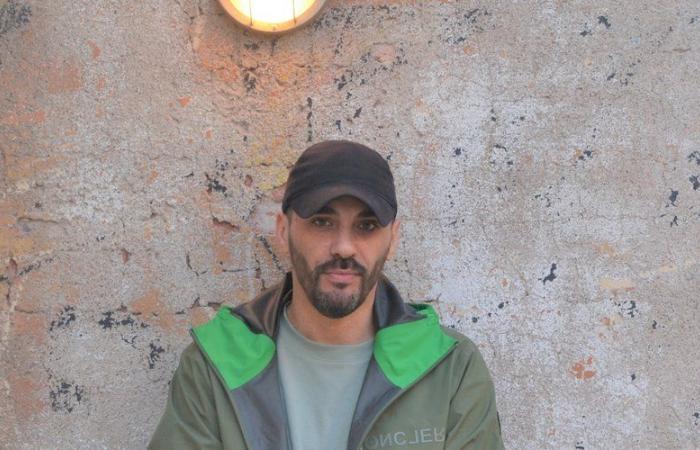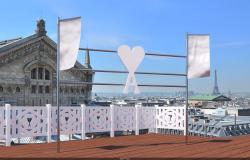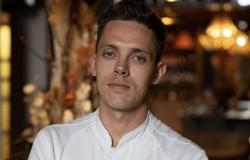Rapper and actor Guillaume Tranchant, aka Gringe, was the guest of the Feat SunSète Festival as part of a focus on his cinematographic work. Meeting.
You have a special link with the city of Sète, can you explain to us why?
For his job, my dad, around twenty years ago, came to take over the management of the Sète theater. My mother also did theater and I spent my entire youth on the folding seats or backstage observing actors on and off stage. My mother still lives in Sète, my two little brothers as well, my grandmother and my aunt migrated from Paris to settle here… I have been coming here regularly for around fifteen years and I am attached to this city. It’s a city that breathes. From the Yum to the frescoes that you find everywhere in town, Sète is very culturally rich. There is a real mixing and the feeling that there are lots of things happening there.
You participated in the last edition of the Feat SunSète Festival. What is your mindset regarding the end of the event?
If we put this in resonance with the current political context, I don’t think much of culture. What’s happening with SunSète is an example. They went from 15,000 euros in subsidies to 500 euros just a few weeks before the festival… I find it lamentable. But what’s beautiful is the participatory aspect and the way we continue to help each other. There is a little note of hope because people like them are organizing themselves in resistance to keep culture alive. In this sense, Charlélie, the director of SunSète, is a true activist. Whether we are behind the scenes or on stage, everyone must take responsibility, regardless of the medium. Especially when the climate stinks (sic) like it does today and we know that culture is one of the fuses that blows first when the extremes are in power.
In a 2017 interview with Free Midday, your father said that the theater served as a social elevator for him. Was it the same for you with rap?
My father comes from a very modest and rural background. It was a bit of a war with his family and those around him to emancipate himself. He really fought to be able to take that elevator. I saw him working in youth centers, we lived modestly and it’s complicated to make theater your profession when you come from a rural world. He managed to make his mark. For my part, I never had any desire to become an actor, it’s funny that at 40 years old this profession caught up with me. But it makes sense in relation to the trajectory of my parents and my heritage. Rap was a means of expression when I lived in Cergy and I was 15 or 16 years old, it’s a culture that came to me and my friends. I grew up in a suburban neighborhood, not in a housing project, but rap is a music that comes from the neighborhoods, a music of urgency. I was touched by that. It’s my culture: in the same way for my parents it was theater, for me it was rap.
The issue of mental health is a recurring motif in your work…
I am the sponsor of an association called La Maison perchée. It is a non-medicalized structure managed by bipolar and schizophrenic people. It serves as a missing link between places of decompensation such as the home and the psychiatric hospital. It is a real landmark and a shelter run by people who know what they are talking about, so it is reassuring. I myself have a little brother who is schizophrenic and with whom I wrote a book two years ago entitled Together we bark in silence. We sold 90,000 copies, which allowed me to tour literary fairs. I also took the opportunity to visit numerous psychiatric hospitals and meet associations that work with psychotic people. This is something that particularly touches me and I use my own little megaphone to free up speech.






